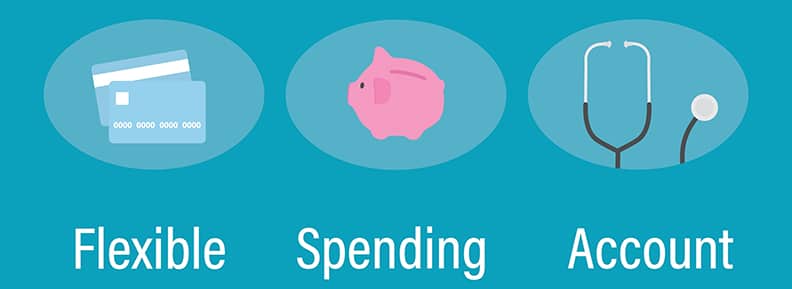Here you’ll find a list of frequently asked questions and answers about flexible spending accounts.

A healthcare flexible spending account (FSA) gives you a tax break on eligible medical, dental and vision expenses that are not covered by other plans. A healthcare FSA can help you save money on eligible healthcare expenses and lower your taxable income. By anticipating your expenses and arranging for deductions to be made from your paycheck each pay period, you lower your tax bill. In 2025, you can set aside up to $3,200 on a pre-tax basis. Learn more about healthcare FSAs here.
Eligible expenses include medical, dental and vision care expenses not paid by your health insurance. You can see the full list of IRS-approved eligible expenses on the IRS website.
No. IRS rules do not allow you to contribute to a healthcare FSA if you or your spouse are contributing to a health savings account (HSA). If you enroll in the HSA Plan or the Kaiser CA High Deductible HSA Plan, you will not be able to select a healthcare FSA.
Healthcare FSAs are administered by HealthEquity. When you enroll in a healthcare FSA for the first time, HealthEquity will mail you an FSA debit card you can use to pay for healthcare expenses. You can also keep your healthcare expense receipts and submit them for reimbursement on the HealthEquity website.
The deadline to use the money in your FSA is December 31, 2025. You can roll over up to $640 from 2025 to 2026 if you enroll in a healthcare FSA for 2026, but any additional funds will be forfeited at the end of the year, and you cannot roll over any money if you do not open an FSA in 2026. FSA enrollment does not continue from year to year, so you must actively enroll during Open Enrollment and choose to open an FSA each year you wish to participate in a healthcare FSA.
If you leave Albertsons, your FSA will be closed on the day your employment ends, and you cannot take the funds with you. The exception is if you are eligible to continue your coverage through COBRA.
A dependent day care FSA allows you to pay for eligible day care or elder care expenses while you are working. You can set aside up to $5,000 each plan year on a pre-tax basis to cover the cost of dependent day care expenses. Learn more about the dependent day care FSA.
You can use your dependent daycare FSA funds to pay for childcare expenses for your dependent children or for elder care expenses for a dependent elder. To be eligible for expense reimbursement, the dependent elder must live with you for at least eight hours a day and be claimed as a dependent on your tax returns.
Eligible expenses are dependent day care expenses that make it possible for you to work. You cannot be your dependent’s full-time caretaker and still claim dependent day care FSA expenses.
You can submit expense receipts for reimbursement on the HealthEquity website. You will not receive a debit card to use with a dependent day care FSA.
You can submit the receipt for reimbursement and will be reimbursed up to the amount of your FSA balance.
For highly compensated associates earning $155,000 or more in 2024, your contribution limit may be reduced in 2025 based on the results of IRS non-discrimination testing completed in Q1 2025.
Yes, but your combined contributions may not exceed $5,000.

